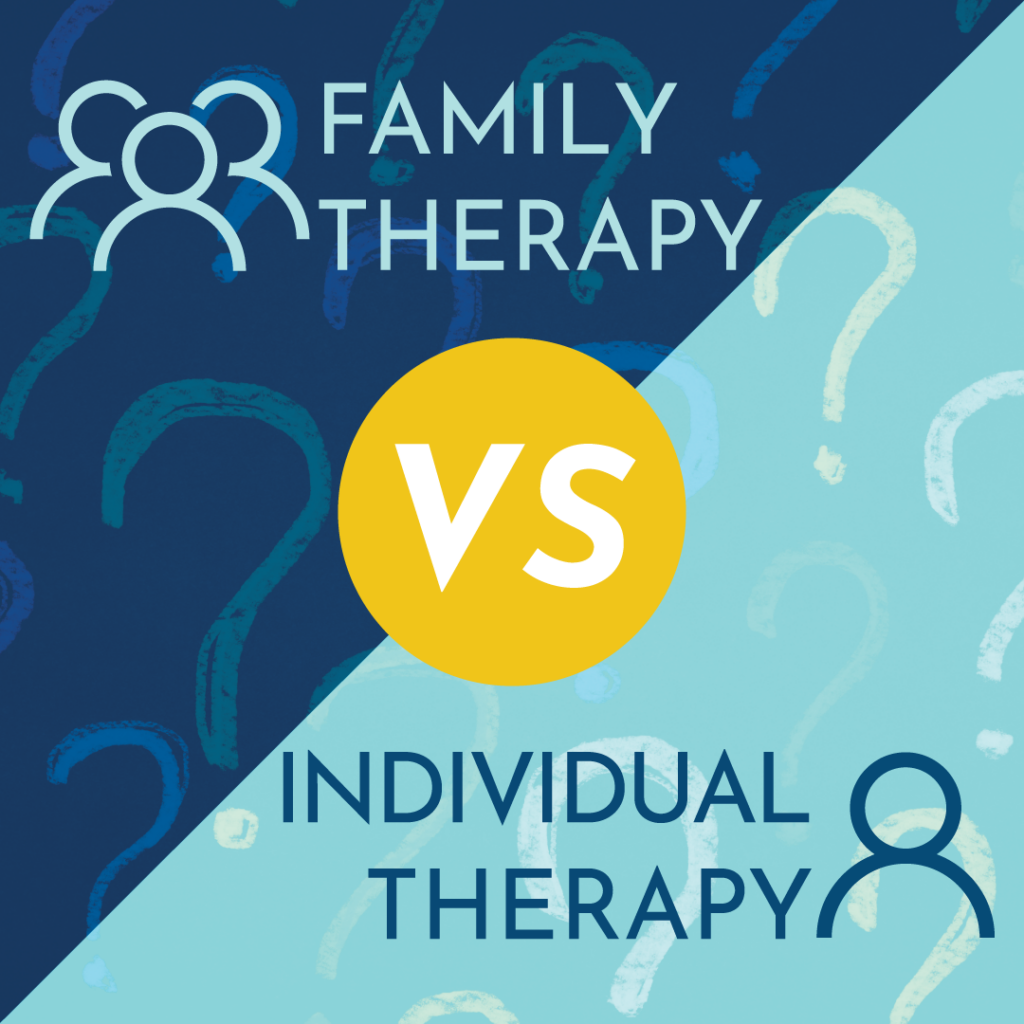By Jessica Hope Murph LMFT, LCDC at Beyond Boundaries Counseling RGV Family relationships are one of the strongest units, with each bond holding a special place in life. However, once in a while, these relationships can experience problems and require some guidance to make the bond healthy. This is when family therapy comes into the scene where professionals help you achieve a peaceful home life. These counselors or therapists set family therapy goals to solve long-standing hurdles in the family or that of an individual. How is family therapy different from individual therapy? While individual therapies concentrate on a person’s personal struggles, the purpose of family therapy is to look outside an individual and have a holistic approach during treatment of a problem. To discuss this further, here are 5 benefits of family therapy to help you understand the role of this strength-based treatment.
- Need or Problem
Are the problems in your life centered around social interactions? Is having a strong support system vital to having a happy life? Are you and your spouse having communication problems? Is there a history or pattern of maladaptive behaviors that run in your family? If you answered yes to any of these, you would directly benefit from counseling that is done with a systematic perspective or marriage and family therapy specialist rather than only focusing on you as an individual.
- Long Term Recovery and Support
Treating an issue or problem such as substance abuse or anger management as a systematic issue (involving multiple family members and support networks) rather than just the individual results in greater long-term recovery chances. Sometimes, treating the individual just is not enough if the home dynamic remains the same toxic environment, and the support network is not involved in treatment.
- Communication Skills
At times couples and families are not lacking in love, consideration, or empathy and at times there may not be mental health issues or substance abuse issues causing discord but rather an inability to communicate effectively. In individual and family counseling, participants will learn skills to de-escalate angry outbursts, boundaries, respect, and how to understand their own needs and communicate them well with one another. Due to emotional barriers and environmental stressors, we forget to communicate in a healthy way. For example, if two people are emotionally heated they may yell, raise their voice, use disrespectful or abusive language rather than argue to solve a problem or reach a goal. Couples and families will learn to stay goal-oriented when having an argument, know when to take a time out and cool off, and speak assertively rather than passively or aggressively.
- Unbiased Perspective
Family and marital quarrels can go on for what seems like an eternity; the same arguments keep going on and on, and no one is ever able to come up with a reasonable solution or compromise. Before you know it, the family or couple will isolate, disconnect, and turn away from each other when their support is needed the most. Having a family/marriage specialist serve as an unbiased perspective allows all individuals to be heard and have their feelings validated, and sometimes this is the main core issue. We just want our feelings to matter first.
- Healthy boundaries
Boundaries are the ways to set a way of how people should treat you. In family, setting such boundaries is essential so that your worth is realized too. In family therapy, you are taught to understand your value, inculcate self-esteem, learn assertion. Family therapy helps in less anger and resentment and provides a feeling of peace and safety.



